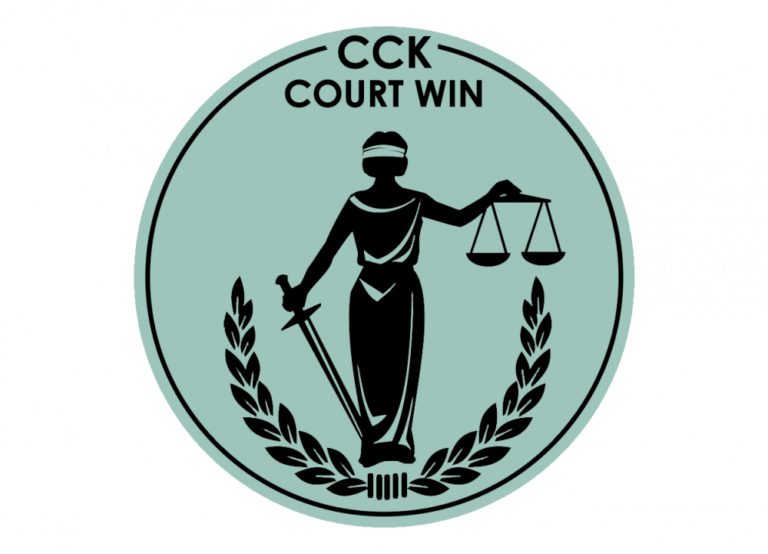Thrombosis denial contained legal error by the BVA

CCK Law: Our Vital Role in Veterans Law
The Veteran served honorably in the United States Army from November 1986 to November 1989, from March 1991 to March 1992, and again from July 1992 to June 2008. He received the Army Commendation Medal, the National Defense Service Medal (2nd Award), the Global War on Terrorism Service Medal, and the Korean Defense Service Medal. While in service, he was hospitalized for vein obstruction in his leg. One month after he left service, the VA granted service connection for disability due to his deep vein thrombosis. VA assigned a non-compensable rating, which the Veteran appealed. Following a July 2009 VA examination, the VA awarded a 10% evaluation, and the Veteran continued his appeal to the Board.
Board denied increased rating for thrombosis
In August of 2013, the Board remanded the Veteran’s claim in order to obtain a new examination. The exam was completed the following October. In March of 2016, the Board denied a rating in excess of 10% for left deep vein thrombosis for the time period prior to October 2013. It reasoned that the Veteran’s deep vein thrombosis did not reflect persistent edema incompletely relieved by elevation of the extremity. This symptom would warrant a rating higher than 10%.
For the time period since 2013, the Board awarded a 40% rating based on the Veteran’s persistent stasis dermatitis and discoloration of the skin.
CCK appeals to Court
Successfully, CCK appealed to the Court the denial of an increased rating for the Veteran’s deep vein thrombosis for both time periods. CCK argued, and the Court agreed, that the Board erred when it ignored favorable, material evidence. CCK also argued error when the Board relied on an incomplete VA examination. For the time period prior to October 2013, the Court agreed that the Board did not address the veteran’s reports that his legs swelled when he sat or stood for long periods of time, and that his legs were painful, swollen, and tender. The Court agreed this was favorable evidence of persistent edema, which the Board should have discussed.
For the time period since October 2013, the Court agreed the Board erred when it relied on the October 2013 VA examiner’s lack of findings related to the Veteran’s skin. The Court agreed that the Board erred in relying on this incomplete exam to find the Veteran did not suffer from skin conditions.
Accordingly, the Court set aside the Board’s decision and remanded the Veteran’s claim. It instructed the Board to either obtain a clarifying opinion, or explain why the October 2013 VA examination was adequate despite its failure to address skin symptoms.
About the Author
Share this Post
